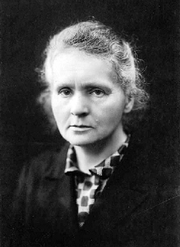Mozart!
(c) By Agnes Selby, Guest Writer-Friend
I can't remember a time when I was not "acquainted" with Mozart. What with the wonderful Mozart biscuits my grandmother baked and the special Viennese chicken coated in breadcrumbs and fried in butter, Mozart came to me first through my stomach. My grandmother's Mozart recipe book is now mine and although we do not fry in butter in a cardiologist's household, the pleasant memories still persist.
As time went on it was his music that engaged my heart. His piano concertos were my staple diet throughout both of my pregnancies for his music was the food I craved.
Later still, when "Amadeus" played in all the theatres around the world, I became alarmed that my Mozart had chosen a silly girl like Constanze for a wife. We lived in Philadelphia at the time and I read all about Constanze in the Curtis Institute's Library. I bought all the books I could find. Then I left for Salzburg where, through the courtesy of the Mozarteum, I spent a month locked up in the Mozarteum archives reading Constanze's letters and her diaries and all I could find about her in that vast library.




